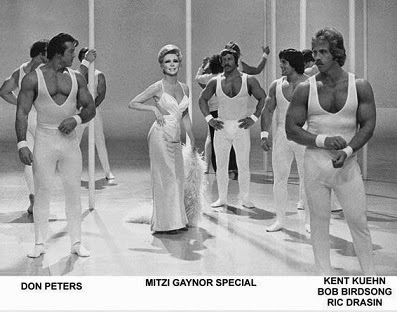People immediately started screaming at me. Even today, every few weeks someone finds the article and starts screaming again:
"It's a kid's cartoon!"
"You're reading too much into it!"
"The cartoonists never intended them to be gay!"
"Can't two guys be friends without everyone thinking they're gay?"
"How can they be gay, when they aren't Wearing a Sign?"
Except I never said that the Yogi Bear and Boo Boo were "really" gay, whatever that might mean for beings with no bodies or minds, who don't exist at all outside of some images painted on celluloid. Or that the producers meant them to be gay. I said that their partnership provided a model with which gay kids could identify and validate their own same-sex desires.
A lot of the things I know about the world -- avalanches, duels, Napoleon, gangsters, daffodils, Shakespeare, karate, King Arthur, submarines, Egyptian hieroglyphics -- I probably first heard from the block of cartoons that Hanna Barbera broadcast on prime time in the late 1950s, and aired through the 1960s on Saturday mornings and on late-afternoon kids' programs like Captain Ernie's Cartoon Showboat.
The characters belong to my earliest, preliterate, preverbal memories:
Huckleberry Hound
Lippy the Lion and Hardy Har Har
Pixie and Dixie
Quick Draw McGraw and Baba Looey
Ruff and Reddy
Snagglepuss
Wally Gator
Yogi Bear and Boo Boo
Note that they usually came in pairs who lived together, traveled together, and worked together to defeat the bad guy who wanted to eat or confine them. I know now that they were reflections of the movie-comedy teams of the 1940s and 1950s, like Abbott and Costello, Hope and Crosby, and Martin and Lewis.
I didn't know then.
I knew only that every adult man in the real world had a wife, and every teenage boy had a girlfriend whom he hoped one day to marry. I saw no men, heard of no men -- none at all -- who lived together, who built a life together, who didn't need or want wives. But at "cartoon time," in plain view, there was Yogi Bear and Boo Boo, Pixie and Dixie, Quick Draw and Baba Looey.
See also: The Three Stooges and The Flintstones.










